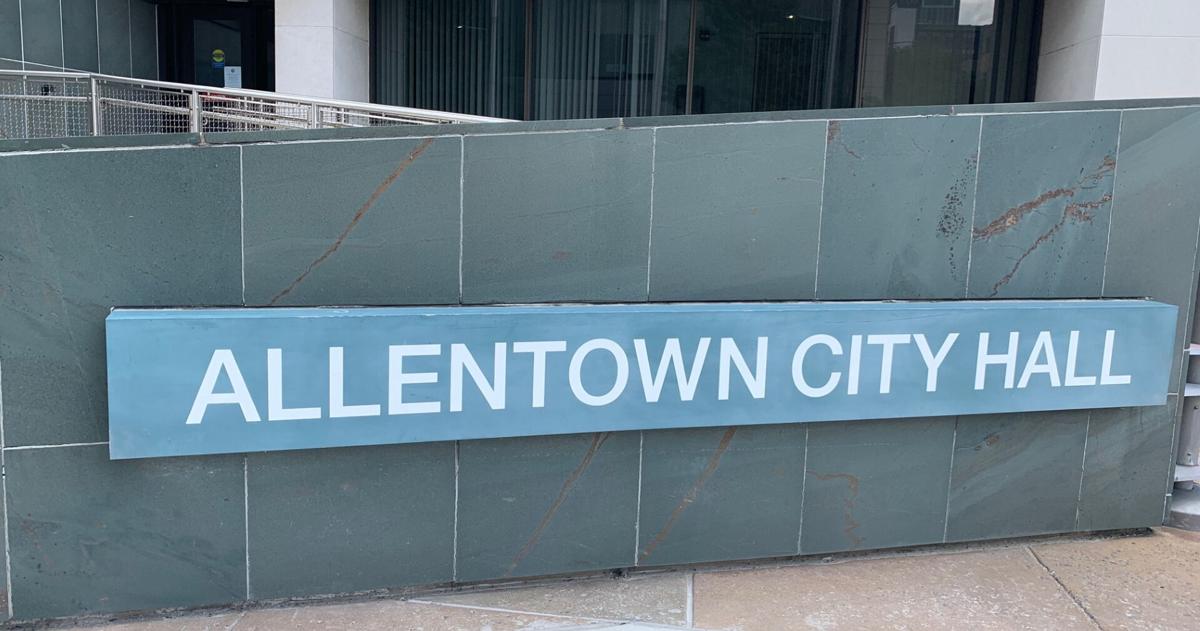ALLENTOWN., Pa. – Following a required public hearing, Allentown City Council reached the completion of a multi-year process by voting 6-1 to adopt a new zoning ordinance and zoning map along with a new subdivision and land development ordinance, or SALDO.
Council President Daryl L. Hendricks said preparing the new ordinances was a huge undertaking and that they are subject to future modifications through amendments.
Jennifer Gomez, planning director for the city, said the initiative is known as “Zone Allentown: Forming Tomorrow’s City Today.”
“Regulations within these ordinances specifically aim to ensure the city’s zoning and land development regulations are context sensitive — meaning they respect Allentown’s traditional character and compact, walkable urban form — [and] housing supportive — meaning increased supply and affordability, and that they all aim to make the city vibrant and walkable.”
“The ordinance introduces new regulations that are also employment friendly with a focus on the manufacturing economy, green and healthy development and predictability and transparency,” Gomez said. “The resulting zoning ordinance is a modern approach to zoning that uses clear, illustrated regulations to help and maintain and enhance the city’s physical character and form.”
Kyle Ropski, chair of the Allentown Environmental Advisory Council, said he attended the hearing to voice strong support for the adoption of the ordinances.
“These updates represent a significant step forward for Allentown, modernizing our land use policies to better reflect sustainability, climate resilience and community livability,” Ropski said.
“Our council reviewed the proposed ordinances closely and identified several key areas that aligned with our mission and purpose statement: to protect natural resources, reduce emissions and promote sustainable design,” he said.
“First, we applaud moving towards form-based zoning and mixed-use development, which will help create walkable neighborhoods and encourage reinvestments in existing spaces, reducing car dependence and strengthening our urban fabric,” Ropski continued.
“Second, the new ordinances expand green infrastructure requirements, encouraging rain gardens, green roofs, permeable pavement, and the use of native plants citywide,” he said. “These measures will help manage stormwater, reduce flooding, and improve air and water quality.”
“Third, we commend the enhanced protection of natural resources, including floodplains, steep slopes and other environmental environmentally sensitive areas, ensuring that development moves forward responsibly while preserving the natural systems,” Ropski said.
“Fourth, we’re pleased to see support for sustainable transportation such as expanded bike parking, EV charging, and improved pedestrian and transit access,” he said.
“And finally, these updates improve open space and community resilience, with contributions to parks and greenways, encouraging community gardens and ensuring new development,” Ropski concluded. “In short, Zone Allentown and the new SALDO set the foundation for a more sustainable, equitable and resilient city.”
Councilmember Ed Zucal did not share in the enthusiasm of city officials and cast the dissenting vote.
“I actually had a professional zoning person look at this, and it is not very community friendly,” Zucal said. “Its structure is absolutely not even close to prior zoning codes. Even it says that it’s going to make the issue more dense.”
“We already have an overcrowded downtown,” he continued. “With more development, you’re going to have residential development with more families.”
“Plus, there’s been nothing talked about the parking issue, which obviously we already have a parking issue,” Zucal said. “So I’m not comfortable voting on this at this time”
Complete details and the revised zoning maps can be found on the “Zone Allentown” page.

